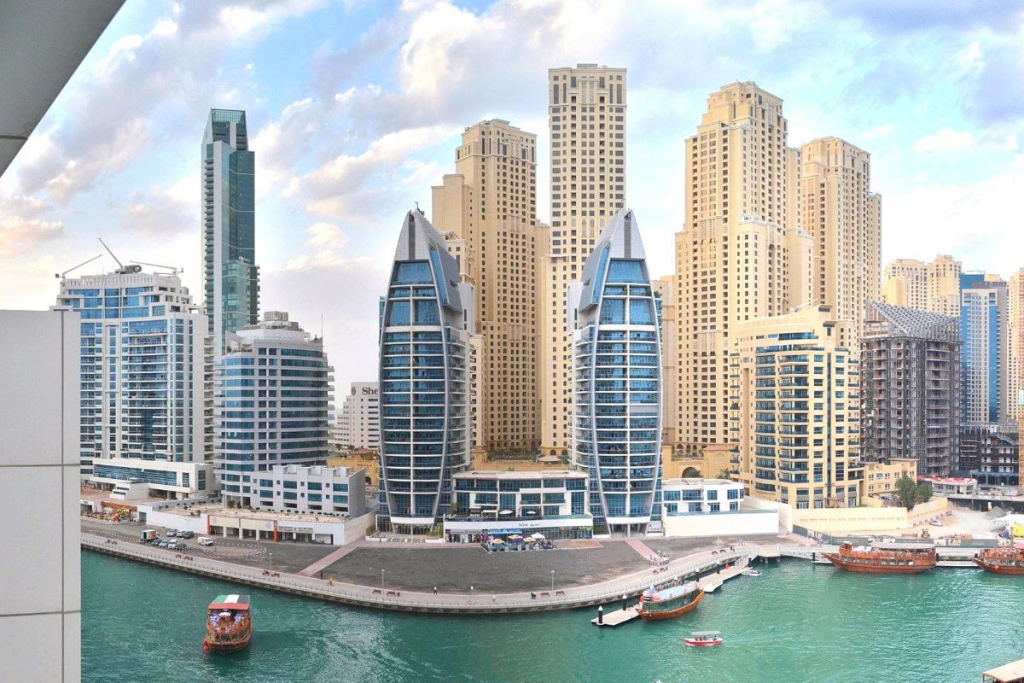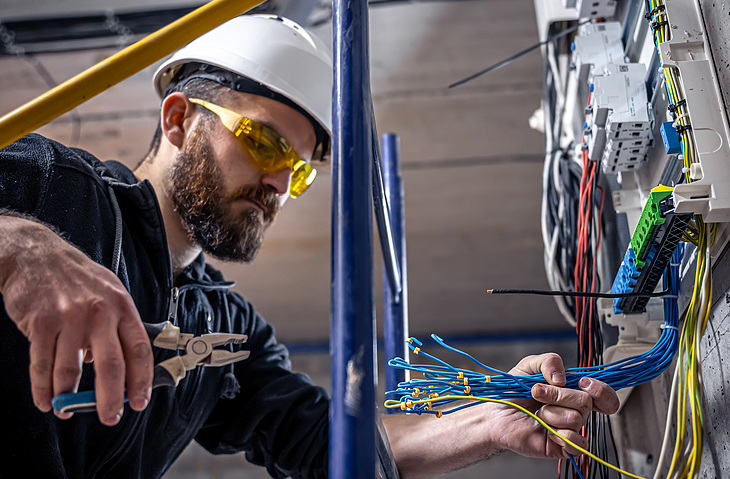If done thoughtfully and strategically, buying resale real estate in the United Arab Emirates, especially in vibrant places like Dubai, may be a lucrative venture. Here are some important considerations to make before making a purchase, regardless of whether you’re shopping for a house or an investment opportunity:
1. Research the Market
Before diving into the real estate market, conduct thorough research. Understand current market trends, property values, and growth potential in different areas of the UAE. This knowledge will help you identify promising investment opportunities and make informed decisions.
2. Decide on Your Budget
Establishing a clear budget is crucial when buying a resale property in UAE. Consider not only the purchase price but also additional costs such as taxes, registration fees, and maintenance expenses. Knowing your financial limits will guide your property search and ensure you stay within your means.
3. Choose the Right Location
Location plays a pivotal role in property value and lifestyle. Assess factors like proximity to amenities, schools, transportation links, and future development plans. Popular areas in Dubai, such as Downtown Dubai, Dubai Marina, and Jumeirah, offer different advantages, so choose a location that aligns with your preferences and long-term goals.
4. Work with a Reputable Real Estate Agent
Engage with a licensed and experienced real estate agent who specializes in resale properties. A knowledgeable agent can provide valuable insights, guide you through the buying process, and negotiate on your behalf. They can also offer access to exclusive listings and help navigate any legal complexities.
5. Check the Property’s Title Deed
Verify the property’s ownership and legal status by reviewing its title deed. Ensure there are no outstanding mortgages, liens, or disputes that could affect your purchase. Consulting with a legal advisor can provide added assurance regarding the property’s legal clarity.
6. Know the Payment Terms
Understand the payment schedule and terms outlined in the sales agreement. In resale transactions, sellers may have specific payment preferences or deadlines that need to be met. Clarify any financial obligations and timelines to avoid misunderstandings later in the process.
7. Be Aware of Service Charges
In UAE properties, especially in residential communities and towers, service charges cover maintenance, utilities, and shared facilities. Review these charges carefully as they can vary significantly depending on the property type and location. Factor these costs into your budget to accurately assess the total cost of ownership.
8. Understand the Visa Requirements
If you’re purchasing property in the UAE for residency purposes, familiarize yourself with the visa requirements. Different visa categories have specific property ownership criteria, and understanding these regulations is essential for long-term planning and compliance.
Conclusion
There are several benefits to purchasing second-hand real estate in the United Arab Emirates, including access to established communities, prospective rental income, and capital growth. By considering factors such as market research, budgeting, location, legal checks, payment terms, service charges, and visa requirements, you can make an informed decision that fits your investment objectives and lifestyle aspirations. Investing in a resale property in UAE allows you to leverage these advantages. In this real estate market, working with seasoned experts and carrying out extensive due diligence can guarantee a seamless and fruitful property purchasing process.








